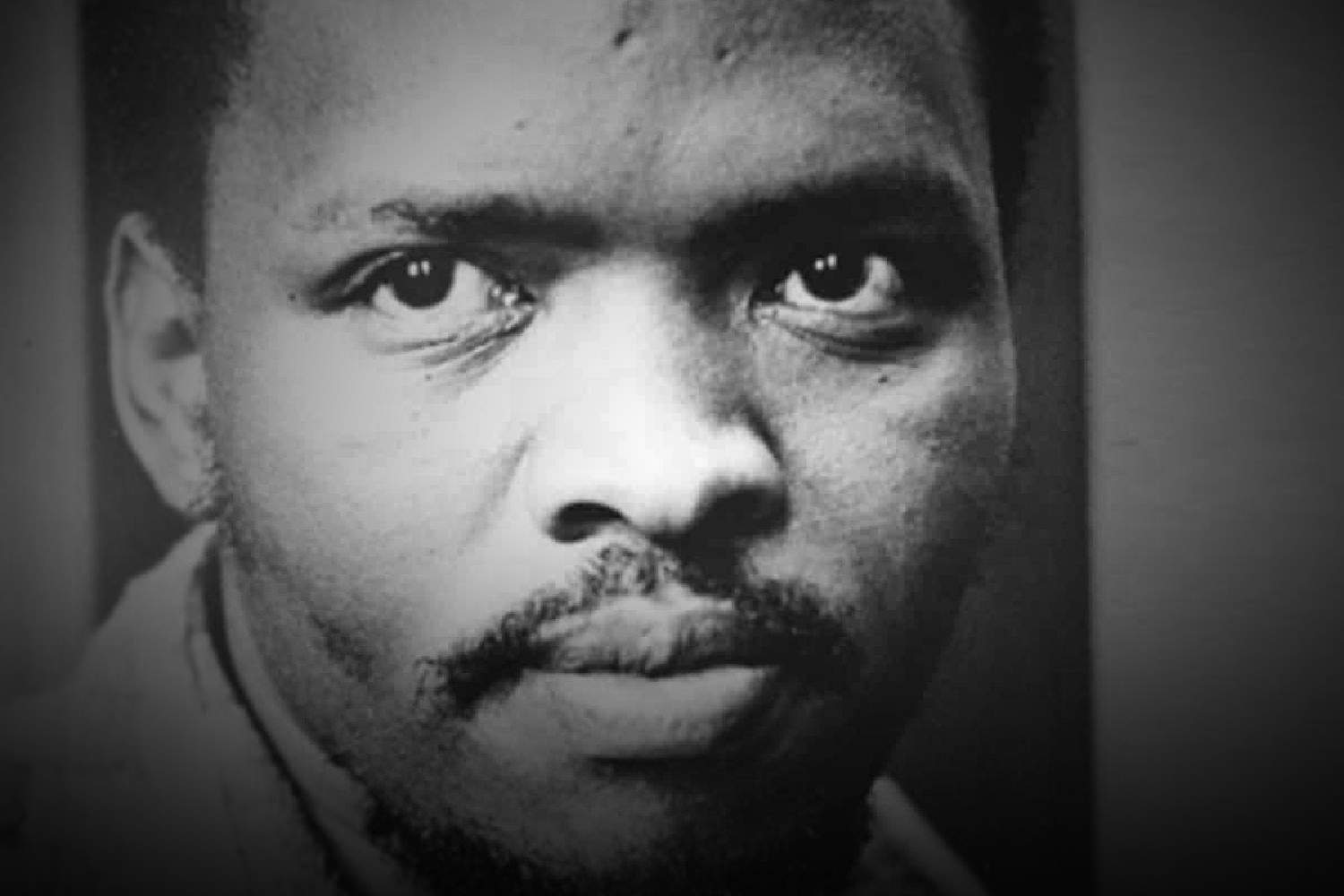The National Prosecuting Authority (NPA) announced on Wednesday, 10 September 2025, that it will reopen the inquest into the death of anti-apartheid activist Steve Bantu Biko. The formal enrolment will take place on Friday, exactly 48 years after Biko died in police custody.
The NPA said the decision followed approval by the Minister of Justice, Mmamoloko Kubayi, and agreement from the Biko family’s legal team.
What happened to Steve Biko in 1977
Steve Biko, the founder of the Black Consciousness Movement, was arrested with fellow activist Peter Jones on 18 August 1977 at a roadblock near Grahamstown (now Makhanda).
At the time, he was under a banning order restricting him to King Williamstown (now Qonce).
He was detained at Walmer Police Station in Port Elizabeth (now Gqeberha).
According to reports, he was shackled in leg irons, held naked in a cell, and allegedly tortured. It was only after 24 days in custody, when he was found foaming at the mouth, that medical help was sought.
On 11 September 1977, Biko was transported naked and unconscious in the back of a police vehicle to Pretoria, 1,200 kilometres away. He died a day later, on 12 September, at the age of 30.
The official cause of death was recorded as extensive brain injury leading to kidney failure.
What the first inquest found
A formal inquest was held in November 1977. Members of the apartheid police’s Special Branch claimed Biko’s injuries were caused when he “banged his head against the wall” during a scuffle.
Chief Magistrate MJ Prins accepted their version and cleared both the police and medical staff of responsibility. On 2 February 1978, the Attorney General of the Eastern Cape declined to prosecute anyone.
In 1997, during Truth and Reconciliation Commission (TRC) hearings, several Special Branch officers — including Major Harold Snyman, Captain Daniel Petrus Siebert, and Sergeant Gideon Johannes Nieuwoudt — applied for amnesty for their roles in Biko’s death.
Why the inquest is being reopened
The NPA said the reopening forms part of its wider effort to deal with unresolved apartheid-era crimes. Recent developments include the revived inquest into the Cradock Four — activists Fort Calata, Matthew Goniwe, Sicelo Mhlauli, and Sparrow Mkonto — who were murdered in 1985.
Justice Minister Kubayi has described these inquests as vital to uncovering the full truth and providing long-delayed justice to families.
The new Steve Biko inquest will examine the circumstances of his death with fresh evidence and testimonies. It may also revisit the role of police officers and doctors who treated him in detention.
Family representatives welcomed the NPA’s announcement, saying it marked another step toward accountability after decades of unanswered questions.
